-Written for Kion by Kelsey Hess, CTNC
In Part 1 of this series, we took a deep dive into the research and discussed how and why fasting may affect women differently than men.
The keyword here is 'may'...
Because of the lack of quality, comprehensive studies done on fasting in females, there's no clear consensus on whether it's 'good' or 'bad' for women.
And while many health experts will have you believe it's one way or the other—that fasting is the absolute holy grail for health, OR it's just a form of orthorexia—we're inclined to believe it's somewhere in the middle for most individuals.
Some women thrive on regular and consistent fasting practices...
Some do OK with occasional fasting, as long as it's done in moderation...
And for others, fasting totally wrecks their hormones, mood, body composition, and relationship with food.
So, without a clear consensus on this topic, how do you actually find out if fasting is right for you? And if it is, how do you go about practicing it safely and intelligently, so you don't experience the negative side effects outlined in Part 1?
Those are the exact questions we hope to answer in Part 2 of this series:
- How to mitigate the negative side effects of fasting
- General recommendations for fasting safely as a female
- Considerations for groups of women (pre-, and post-menopausal, and those with specific health conditions)
PS: Prefer a video version of this blog series? Watch this.
Caution: Fasting is not for everyone, especially those who are pregnant or breastfeeding, under the age of 18, or have diabetes, low blood pressure, or a history of eating disorders. Please consult your doctor before starting a fasting practice.
The Best Fasting Methods for Women
But First...
I have to admit: This article was hard to write.
Women are extremely nuanced, complicated, magical creatures.
We have monthly cycles that change how we react to literally everything—physically, mentally, emotionally.
We also go through multiple phases in our life where our hormones shift once again (pre-, peri-, and post-menopause), making general statements for women that much more impossible.
Additionally, we're all somewhere different on our health journey. Some of us are moderately healthy and just trying to optimize what we can, while others are struggling to heal from a serious disease.
And finally, probably because of all these reasons, the research on women's health is... Disappointing. It's confusing, scattered, and inconclusive.
Quite frankly, ladies, science doesn't even know what to do with us.
I only say all this in hopes that you have some grace reading the rest of this post.
I'm attempting to make broad-stroke recommendations based on limited science, while still keeping in mind that every single person reading this is biochemically different, and on a different health journey.
In other words: You may not find concrete answers here. There might not be any (yet). I simply write this to start the discussion about fasting for women, hear what you have to say, and continue to educate.
At the end of the day, you know you best. You're the only one that can truly answer the question of whether or not fasting is right for you. This article might just give you more tools to make an educated decision.
Alright, let's dive in. (Last chance to read Part 1 first!)
Here's the Problem: We Tend to Make Fasting More Stressful Than It Should Be
Before we get into some fasting recommendations, there's one thing you should know: Fasting by itself is not always the problem. It's when we stack it on top of other stress that issues tend to arise.
That's because fasting is a hormetic stressor. In other words, it's considered to be a 'good stress', one that—in small doses—makes us physically stronger and more resilient humans. This is where a lot of its benefits stem from. There are also many other natural hormetic stressors such as extreme cold or heat, sunlight, exercise, and even certain foods.
However, it's definitely possible to overdo it, even on the good stressors.
Stay in the cold or heat too long? Hypo- or hyperthermia.
Get too much sun exposure? Wicked sunburn.
Exercise too hard or too long? Fatigue, injuries, hormonal burnout, the list goes on.
Too much of a 'good thing' is not always good. And too much fasting—either in length or frequency—can also be detrimental to our health. Especially when stacked on top of an already stressful lifestyle.
Just think about all the stressors most of us experience in one day:
- Work
- Media
- Family
- Finances
- Poor sleep
- Household responsibilities
- An intense exercise or training routine
- A restrictive diet (i.e. calorie restriction, low-carb)
- Environmental stressors such as EMF, blue light exposure, low-quality water, etc.
That's a lot of constant attacks our stress response has to deal with. At some point, the body isn't able to distinguish 'good' stress from 'bad' stress: It just becomes chronic stress.
And knowing that women are already more physiologically sensitive to stress (especially when it comes to the HPA-axis and reproductive function), fasting can be the straw that breaks the camel's back for some females [1]. Men, on the other hand, seem to be able to get away with more stress before it causes problems.
This also means two seemingly similar women can have vastly different experiences with fasting, simply based on their current level of stress.
So if there's one thing you can do to make a fasting practice less harmful and more beneficial to your health as a woman...
Reduce stress as much as you possibly can.
Take time to breathe or meditate. Eat enough calories from whole, nourishing foods during your feeding windows. Prioritize your sleep. Take it easy on the workouts. Give your body all the signals that you're safe, you're not starving, and everything's cool.
If you're not doing those things, fasting is probably going to be a bad idea for you.
However, if you are able to get other sources of stress under control, you might be able to approach fasting more intelligently and safely, in a way that supports your body and doesn't stress it out.
!!! An Important Note for Female Athletes
Athletes are an extreme case that deserve addressing specifically. Athletes' exercise volume and intensity is much higher than the average person, so they're already putting their body through a good deal of stress with training.
And as just mentioned, combining large amounts of stress with a fasting routine is a fast-track to hormonal hell, especially for women.
Unfortunately, most of the research on this topic is conducted on male athletes (shocker, right?).
But even in male-based studies, the conclusions are all over the place... some indicating that athletic performance was improved with fasting, while others show the complete opposite.
One study on both male and female athletes during Ramadan illustrates the mixed results: Some athletes had perceived declines in performance (and sleep), while others noticed no difference at all [2].
What we do know: As an athlete, what you need most is fuel.
And quite a bit of it—probably more than you can stuff in an 8-hour feeding window. In fact, research suggests that even when (male) athletes eat freely and unrestricted all day, they still don't consume enough energy to adequately fuel their training [3].
The truth is, the research doesn't seem to support that fasting improves performance in the majority of the athletes—and definitely not in women.
I've also heard one too many anecdotal stories of female athletes who fast (or calorie restrict—whether on purpose or not) and see declines in their performance, recovery, sleep, and may even lose their menstrual cycle altogether.
Therefore, if you're a female athlete, you're likely better off focusing on high-quality fuel from nutrient-dense foods than on restricting your feeding window.
If you absolutely cannot train in a fed state, at the very least take essential amino acids before your workout to provide your body with fuel and keep cortisol levels down. AND make sure you properly re-feed right after your workout.
[END RANT :)]
Ok, let's continue...
Fasting Considerations for Healthy Pre-Menopausal Females
If you're a pre-menopausal female, your body is still making reproductive hormones during your monthly menstrual cycle. These are the same hormones mentioned in Part 1 that seem to be extremely sensitive to external stressors.
Because of these sensitive hormones, pre-menopausal women are going to need to be a lot more careful with fasting, and pay extra attention to how their body is responding.
With that in mind, here are some guidelines and cautionary notes for young, healthy women to consider when approaching fasting.
Tip 1: Get Clear On Why You're Fasting
The first suggestion we have for young women is to get clear on why they want to fast in the first place. Chances are, all the things you heard fasting could do for you may not be proven for women.
So let's break down some of the most common reasons why women tend to take up a fasting practice.
Hoping to lose a few pounds? Research shows that fasting may not be the best weight loss approach for young, healthy women (but see below if you have a considerable amount of weight to lose) [4].
Wanting to improve your insulin sensitivity? Fasting may actually negatively impact glucose response in pre-menopausal women (but see below if you have a metabolic disorder) [5].
Trying to boost autophagy so you can live to 150? This is certainly a benefit of fasting, but it's not the only way to clear out cellular debris. Alternating cold and heat exposure, HIIT and strength training, sleep, and polyphenol-rich foods and beverages (heyyyy coffee) all upregulate autophagy as well [6][7][8][9][10]! (And PS: One study showed that women are more resistant to fasting-induced autophagy than men [11].)
That's not to say that fasting doesn't have benefits. It can still serve a purpose in your life, especially if you're fasting for another reason like better gut health, improving your immune system, mental acuity, or a spiritual purpose.
Here's how you can get other benefits of fasting without putting too much stress on your body.
Tip 2: Practice Shorter, Less Frequent Fasts
Doing 16-18 hour intermittent fasts (IF) 7 days a week may work for some women, but many pre-menopausal females find it can lead to hormonal issues.
Instead, it seems to be safer for young women to stick to shorter, less frequent fasts. Here are some examples of how to tailor your fasts to save your hormones.
Option 1: Shorter Fasts
Mental clarity, circadian rhythm alignment, maintaining reproductive health
- Daily 12 Hour IF: This is pretty easy to do as an overnight fast, very gentle on the body, and still provides many health benefits. Simply stop eating dinner anywhere between 6-8 pm, and don't eat breakfast again until 6-8 am. Easy peasy.
Option 2: Less Frequent Fasts
Gut health, immune system health, detoxification, spiritual/discipline
- Occasional Prolonged "Fasts": If you have greater gut and immune health aspirations, many women do OK with very occasional 3-5 day calorie-restricted "fasts", limited to 1-4 times per year. Examples of these fasts include a Fasting Mimicking Diet, an Elemental Diet, or a Caloric Liquid Fast (e.g. only calories from liquids like bone broth, smoothies, green juice).
By practicing shorter, less frequent fasts, you'll be reducing the stress you're putting on your body on a daily basis and avoiding the down-regulation of your reproductive hormones. Yay libido!
Tip 3: Unless You Prefer It, Avoid Exercising In a Fasted State
Exercising in a fasted state is another tightrope women tend to walk.
We hear that fasted workouts are a great way to "burn fat", "tone up" and lose some weight.
However, based on one study that compared healthy men and women, the women had better muscle adaptations to exercise in a fed state [12]. (Men... you guessed it, they had better results when fasted).
Another study showed that being fasted or fed during an interval training program had no difference when it came to body composition in obese women—both saw equal results [13].
So, it might not even make a difference if you're fasted or not during your workouts. Or worse, it can actually hinder your results.
However, we realize that some women prefer to train fasted. They feel more alert, lighter, and less bloated. That's understandable... But just be aware of how much stress you're putting on your body in the process.
And maybe try some essential amino acids to fuel your workout and make sure you're properly refeeding afterwards.
As a general rule of thumb, if you're going to exercise in a fasted state, it's best to stick to low-intensity cardio or light resistance training. A HIIT class or another glycolytically-demanding workout will spike cortisol more than other types of training [14].
Fasting also has the effect of increasing cortisol. So doing a fasted, high-intensity workout is like a cortisol bomb ready to blow up all your hormones.
OK that's a bit dramatic, but you get the point.
Occasional fasted workouts probably aren't a huge deal for most healthy women. But if you're doing high-intensity workouts on top of 16-hour daily IF for a long period of time, chances are your baby-making hormones aren't going to like it.
Tip 4: For the Love of All That Is Holy, Please Don't Do Daily Intermittent Fasting and Restrict Calories and Do Keto at the Same Time
This topic could be an entire article in itself as it can get complicated really quickly. However, for the sake of the scope of this post (and most people's attention span), we're going to break it down with as few words as possible.
Daily extended fasting can*...
- Increase cortisol [15]
- Decrease thyroid hormone [16]
- Down-regulate sex hormones [17]
Calorie restriction can*...
- Increase cortisol [18]
- Decrease thyroid hormone [19]
- Down-regulate sex hormones [20]
Low-carb diets can*...
- Increase cortisol [21]
- Decrease thyroid hormone [22]
- Down-regulate sex hormones [23]
When you combine these methods, you're essentially 3x-ing your chances of cortisol dysregulation, hypothyroidism, hormonal imbalances, and all the gnarly side effects that come with them.
A big one being weight gain, which is the opposite effect that most people want this combination to have!
Bottom line: There's really no reason to fast, restrict calories, and limit carbohydrates at the same time as young, healthy woman without a specific medical reason.
*Some of these studies are conducted on animals or men. But, as you now know, human female studies are hard to come by.
Fasting Methods for Healthy Post-Menopausal Females
Menopause is a time when women naturally stop producing the hormones that cause them to have monthly cycles. Because of this change, they're likely going to be less sensitive to dietary shifts like fasting.
You could technically make the point that post-menopausal women are physiologically closer to men, which gives them some "advantages" when it comes to fasting, but... I'd rather not go there.
In short, post-menopausal women may not experience as many side effects from fasting—and may see better results from it—compared to pre-menopausal women.
Again, *may* is the keyword here. In lieu of the scientific literature on this topic, we're all speculating together! Isn't this fun?!
So let's discuss some recommendations and tips for post-menopausal ladies.
Tip 1: Get Clear on Why You're Fasting
Just like pre-menopausal women, it's important to understand why you're fasting and what you want to achieve.
As a post-menopausal female, you might still be interested in potential body composition benefits of fasting, but maybe what you're really seeking is the implications for longevity and healthspan.
The research is very, very thin here. But we can assume that since hormones are not as sensitive after menopause, there may be more benefits to women after menopause—or at least not as many risks.
If you're looking for body composition benefits: You might see more benefits than young women. One study showed benefits on weight loss in (obese) post-menopausal females... but regular ol' calorie restriction also provided benefits [24]. However, if you're already stressed out and spiking cortisol in a lot of other ways, fasting probably won't help you in this category.
If you're wanting to improve metabolic efficiency: The research here is admittedly lacking for post-menopausal women. One study showed improvements in insulin sensitivity, but it was a post-menopausal mouse model study on obese rodents with metabolic issues, not on healthy women [25]. (see below if you have a metabolic disorder).
If you want autophagy so you can maximize healthspan: The same is true here for post-menopause as it is for pre-menopause. There are a lot of other ways to maximize autophagy, and women may be more resistant to fasting-induced autophagy than men. However, there isn't much science to lean on here.
Tip 2: You May Be Able to Do More Frequent, Longer Fasts
Post-menopausal women are probably going to be able to do more frequent, longer fasts than pre-menopausal women for a few reasons:
- Less sensitivity to fasting and shifts in calories
- Not worried about reproduction, pregnancy, or breastfeeding
- More of an emphasis on healthspan and longevity benefits that longer fasting can provide
With that being said, here are a few (illustrative, but not exhaustive) ways post-menopausal women can approach fasting.
Option 1: Shorter Feeding Windows
Mental clarity, body composition, cellular health
- The Crescendo Method: This is a great way to get benefits of longer, more frequent intermittent fasting but still maintaining exercise routines and metabolic efficiency. Fast for 12-16 hours, 2-3 days a week on non-consecutive days. Ideally, fasting would fall on less active days when you aren't doing hard workouts.
Option 2: Regular Extended Fast
Autophagy, longevity, detoxification, spiritual/discipline
- 20-24 Hour Fast Every 2 Weeks: If you're looking to optimize for longevity with an extended fast, you could try a 24-hour fast once every 2 weeks, preferably on rest days. For example, from Saturday dinner to Sunday dinner, with Sunday being a less active day. *It's best to use this as a replacement for daily IF, not to combine the two*
Tip 3: Fasted Exercise or Fasting + Low-Carb Might Not Be as Much of a Problem... But That Doesn't Mean Results Are Guaranteed
Scientifically, we don't have much to stand on in terms of how fasted exercise impacts post-menopausal women vs pre-menopausal women. Additionally, no studies exist examining the effects of keto + fasting on this population either.
However, anecdotally it does seem that post-menopausal women might get benefits from fasted aerobic cardio or by reducing carbs while fasting, or at least they don't experience as many negative side effects as their pre-menopausal counterparts.
We can also assume that since female sex hormones are lower, post-menopausal women might see a similar response to men with these regimens.
But, honestly, we don't know for sure.
All that can be said here is to pay attention to your body. Reduce stress in other areas of your life. Talk to other women in your age group. And be honest with yourself if your fasting/exercise/diet regimen is actually working for you, or if it's working against you.
And here's what to look for to help you answer that...
Tip 4: Look Out For Signs Fasting Is Working Against You
Many of the warning signs discussed in Part 1 and the majority of this article are relevant to pre-menopausal women: Irregular menstruation, loss of cycle, infertility, etc.
However, as a post-menopausal woman, you won't necessarily have these clear signs that you need to re-evaluate your fasting practice. So here are some specific things to look out for that might be a red flag your fasting is working against you:
- Poor sleep
- Low libido
- Low energy
- Binge eating
- Loss of muscle tone
- Increased heart rate
- Resistance to weight gain or gaining weight
- Negative changes to mood (depression, anxiety, moodiness)
If you experience any of these things, there's no shame in cutting back your fasting, or not doing it at all. Again, there are many other ways to improve autophagy, body composition, and be a vibrant, healthy human for years to come!
Fasting Methods for Women With Specific Health Concerns
Now here's the elephant in the room: All of the recommendations above were made for healthy females looking to optimize health with fasting.
But what about those women who are working on specific health issues? Is fasting safe for them?
Unfortunately, without getting into every specific scenario, it's hard to make hard and fast (pun intended) recommendations. And as you know, the science isn't conclusive here.
But from what I've seen, fasting (of any kind) may be helpful for a few specific health conditions*:
- Obesity
- Neurological Diseases
- Autoimmune Diseases
- Support with Chemotherapy
- Metabolic Issues (Diabetes, PCOS, etc.)
- Gut Disorders (SIBO, Candida, Crohn's, etc.)
Women with these health concerns may see more pros than cons with fasting, as it gives the body the time to rest, reset, regenerate, and heal.
(And as someone with an autoimmune disease and gut issues, fasting was pivotal in getting my health back on track—so I totally get it!)
Regardless, approach fasting with caution, pay attention to your body, and look out for signs that it isn't right for you at this time.
*With all of these conditions, you should only practice fasting with the support and oversight of a qualified health practitioner.
Ki Points on the Best Fasting Methods for Women
Whew. There you have it. Between Part 1 and Part 2, this is essentially the bulk of what we know about fasting for women:
- Fasting likely affects women differently than men, but...
- We are severely lacking in quality, comprehensive studies on this topic
- Therefore, most women should approach fasting with skepticism and caution
- Fasting can work beautifully for some women, and for others it can be a really, really bad idea
- If you're going to fast, be clear on why you're doing it, educate yourself on the implications, and please-please-please also make efforts to reduce mental/emotional/physical stress
- Pay attention to how your body is reacting. At the end of the day, fasting should improve your quality of life, not make your health worse
I hope this series was helpful, enlightening, and educational. At the very least, I'm hopeful it will start a healthy discussion around fasting and women's health, and highlight the fact that—to quote Dr. Stacy Sims once again—"women are not small men."
Scientific Research
- Verma, Rohit et al. “Gender differences in stress response: Role of developmental and biological determinants.” Industrial psychiatry journal vol. 20,1 (2011): 4-10. doi:10.4103/0972-6748.98407
- Singh, Rabindarjeet et al. “Subjective Perception of Sports Performance, Training, Sleep and Dietary Patterns of Malaysian Junior Muslim Athletes during Ramadan Intermittent Fasting.” Asian journal of sports medicine vol. 2,3 (2011): 167-76. doi:10.5812/asjsm.34750
- Costello, Nessan et al. “Are professional young rugby league players eating enough? Energy intake, expenditure and balance during a pre-season.” European journal of sport science vol. 19,1 (2019): 123-132. doi:10.1080/17461391.2018.1527950
- Tolson, Kristen P et al. “Impaired kisspeptin signaling decreases metabolism and promotes glucose intolerance and obesity.” The Journal of clinical investigation vol. 124,7 (2014): 3075-9. doi:10.1172/JCI71075
- Heilbronn, Leonie K et al. “Glucose tolerance and skeletal muscle gene expression in response to alternate day fasting.” Obesity research vol. 13,3 (2005): 574-81. doi:10.1038/oby.2005.61
- Ganesan, Shanthi et al. “Short-term heat stress results in increased apoptotic signaling and autophagy in oxidative skeletal muscle in Sus scrofa.” Journal of thermal biology vol. 72 (2018): 73-80. doi:10.1016/j.jtherbio.2018.01.003
- Cui, Xinwen et al. “High-intensity interval training changes the expression of muscle RING-finger protein-1 and muscle atrophy F-box proteins and proteins involved in the mechanistic target of rapamycin pathway and autophagy in rat skeletal muscle.” Experimental physiology vol. 104,10 (2019): 1505-1517. doi:10.1113/EP087601
- Hentilä, J et al. “Autophagy is induced by resistance exercise in young men, but unfolded protein response is induced regardless of age.” Acta physiologica (Oxford, England) vol. 224,1 (2018): e13069. doi:10.1111/apha.13069
- Chauhan, Amit Kumar, and Birendra Nath Mallick. “Association between autophagy and rapid eye movement sleep loss-associated neurodegenerative and patho-physio-behavioral changes.” Sleep medicine vol. 63 (2019): 29-37. doi:10.1016/j.sleep.2019.04.019
- Pietrocola, Federico et al. “Coffee induces autophagy in vivo.” Cell cycle (Georgetown, Tex.) vol. 13,12 (2014): 1987-94. doi:10.4161/cc.28929
- Du, Lina et al. “Starving neurons show sex difference in autophagy.” The Journal of biological chemistry vol. 284,4 (2009): 2383-96. doi:10.1074/jbc.M804396200
- Stannard, Stephen R et al. “Adaptations to skeletal muscle with endurance exercise training in the acutely fed versus overnight-fasted state.” Journal of science and medicine in sport vol. 13,4 (2010): 465-9. doi:10.1016/j.jsams.2010.03.002
- Gillen, Jenna B et al. “Interval training in the fed or fasted state improves body composition and muscle oxidative capacity in overweight women.” Obesity (Silver Spring, Md.) vol. 21,11 (2013): 2249-55. doi:10.1002/oby.20379
- Hill, E E et al. “Exercise and circulating cortisol levels: the intensity threshold effect.” Journal of endocrinological investigation vol. 31,7 (2008): 587-91. doi:10.1007/BF03345606
- Nakamura, Yuko et al. “Systematic review and meta-analysis reveals acutely elevated plasma cortisol following fasting but not less severe calorie restriction.” Stress (Amsterdam, Netherlands) vol. 19,2 (2016): 151-7. doi:10.3109/10253890.2015.1121984
- Azizi, Fereidoun. “Islamic fasting and thyroid hormones.” International journal of endocrinology and metabolism vol. 13,2 e29248. 25 Apr. 2015, doi:10.5812/ijem.13(2)2015.29248
- Kumar, Sushil, and Gurcharan Kaur. “Intermittent fasting dietary restriction regimen negatively influences reproduction in young rats: a study of hypothalamo-hypophysial-gonadal axis.” PloS one vol. 8,1 (2013): e52416. doi:10.1371/journal.pone.0052416
- Tomiyama, A Janet et al. “Low calorie dieting increases cortisol.” Psychosomatic medicine vol. 72,4 (2010): 357-64. doi:10.1097/PSY.0b013e3181d9523c
- Fontana L, Klein S, Holloszy JO, Premachandra BN. Effect of long-term calorie restriction with adequate protein and micronutrients on thyroid hormones. Journal of Clinical Endocrinology and Metabolism, first published ahead of print May 23, 2006 as doi: 10.1210/jc 2006-0328.
- Scheid, Jennifer L et al. “Decreased luteinizing hormone pulse frequency is associated with elevated 24-hour ghrelin after calorie restriction and exercise in premenopausal women.” American journal of physiology. Endocrinology and metabolism vol. 304,1 (2013): E109-16. doi:10.1152/ajpendo.00360.2012
- Lane, Amy R et al. “Influence of dietary carbohydrate intake on the free testosterone: cortisol ratio responses to short-term intensive exercise training.” European journal of applied physiology vol. 108,6 (2010): 1125-31. doi:10.1007/s00421-009-1220-5
- Spaulding SW, Chopra IJ, Sherwin RS, Lyall SS. Effect of caloric restriction and dietary composition of serum T3 and reverse T3 in man. J Clin Endocrinol Metab. 1976 Jan;42(1):197-200. doi: 10.1210/jcem-42-1-197. PMID: 1249190.
- St. Pierre, Brian. “Carb Controversy: Why Low-Carb Diets Have Got It All Wrong.” Precision Nutrition, 5 Aug. 2020, <a href="http://www.precisionnutrition.com/low-carb-diets">www.precisionnutrition.com/low-carb-diets</a>.
- Arguin, Hélène et al. “Short- and long-term effects of continuous versus intermittent restrictive diet approaches on body composition and the metabolic profile in overweight and obese postmenopausal women: a pilot study.” Menopause (New York, N.Y.) vol. 19,8 (2012): 870-6. doi:10.1097/gme.0b013e318250a287
- Chung H, Chou W, Sears DD, Patterson RE, Webster NJ, Ellies LG. Time-restricted feeding improves insulin resistance and hepatic steatosis in a mouse model of postmenopausal obesity. Metabolism. 2016 Dec;65(12):1743-1754. doi: 10.1016/j.metabol.2016.09.006. Epub 2016 Sep 22. PMID: 27832862; PMCID: PMC5123758.



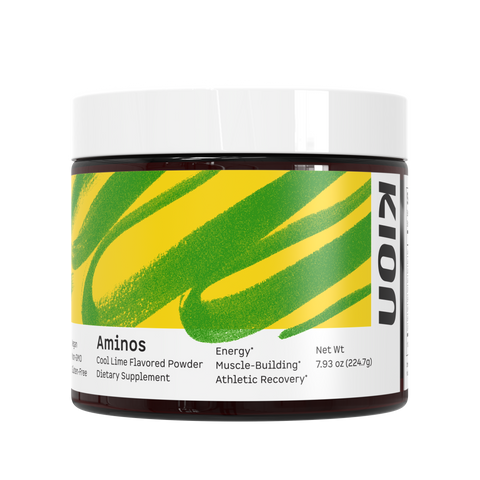

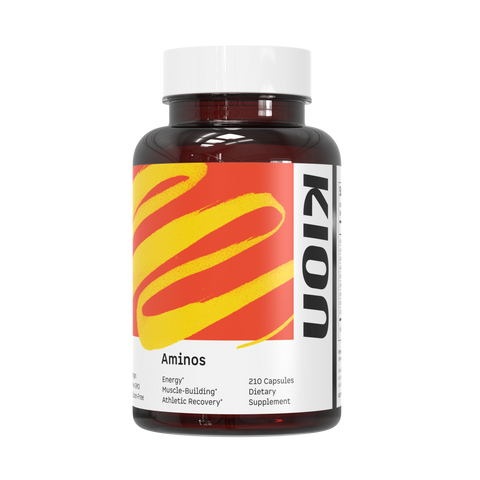
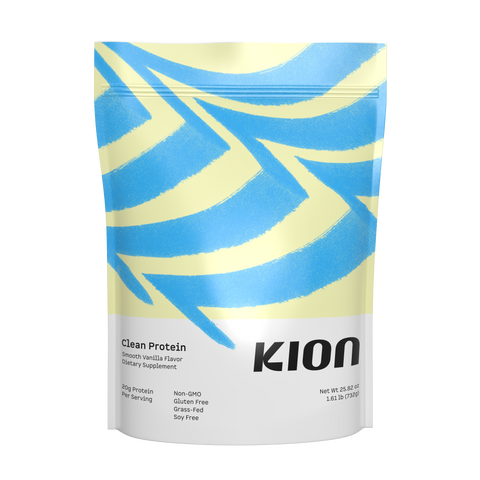
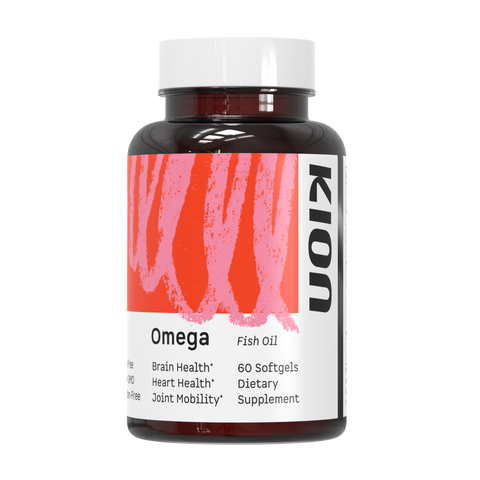
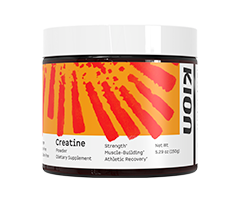
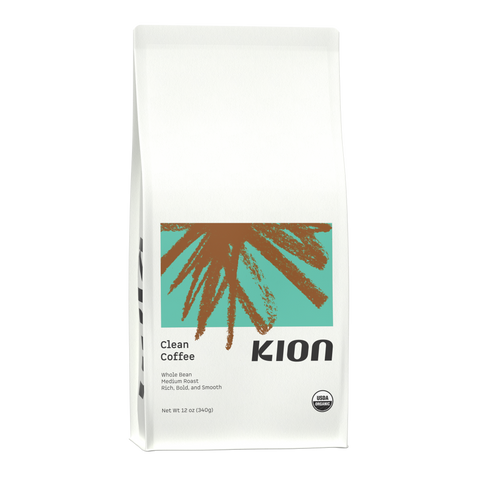
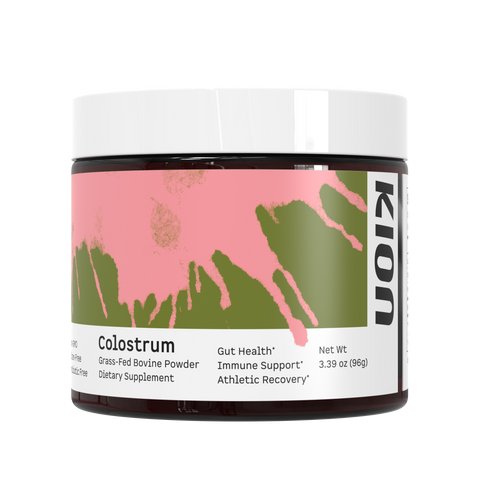
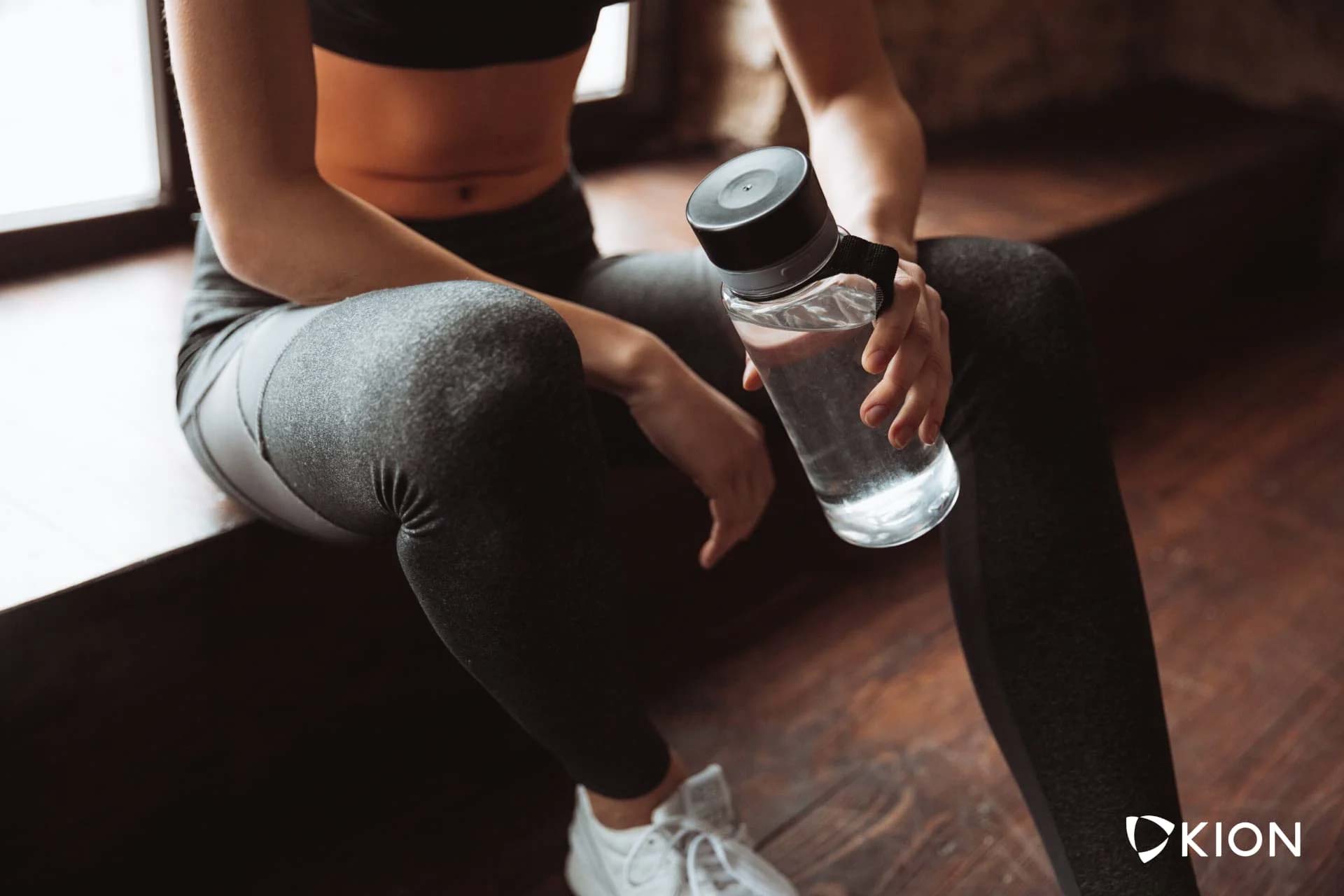



Comments
Extremely valuable insights here I will be sharing with all my female clients…DEFO more research required… some nice observations coming through from Felice Gersh who you will know and Valter Longo’s research team
Donald Gordon on
Dr. Stacy, I am so grateful for this article, not only for myself but for female patients that I work with that always ask me about fasting. I have always leaned towards saying that I think it stresses the adrenals too much for women but this gives some additional research behind it. I’m so grateful that you wrote this! Thank you so much. You are such a good writer. You made me laugh and the article is super simple and easy to read as well.
Leslie on
What are your thoughts on the 5 day fasting mimicking diet for post menopausal women? Thank you.
Anonymous on
Wow, Thankyou so much for this! Always wanted as much info as possible on IF for women as it’s the only thing that truly helps my lifelong GI issues but it has left me with little to ZERO periods at age 42. With no desire to further reproduce I’ve never cared but always wondered if I’m doing some sort of damage by NOT having these hormones? Hair, nails, sleep, mood, muscle tone are all on point so I’m not too concerned… Will be VERY mindful of eliminating all unnecessary stressors now though, incl. HIIT when fasting, so thankyou again so much!
Emily Cunningham on
Of all the wellness, sport and activity, sleep, bio-optimization, nutritional actions and modes I consider, research, investigate, train upon, and actually “do” (and there are many many; recently, many of Bens’ :) ….I am MOST appreciative of this IF for women! Thank you Dr. Stacy!
A very early keto-mediterranean adopter and pre-menopausal, my physiology, bf and composition, skin and cognition did very well with the addition of IF 14-18hrs. Post menopausal, my results overall appear to be slightly leaning towards the more negative in all measured or sensorial categories. To consider, Option 2 with a wider daily eating window and a 10-12 ‘non-fast’ fast, lowish carb (100g) more of The Nordic Way combined with good levels of protein/kg and healthy fats sources only. Thanks again-be well, Reay
Reay Hutchinson on